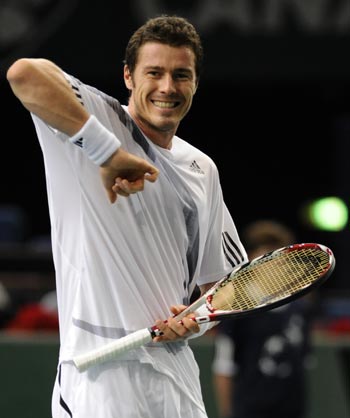
Marat Safin, widely regarded as one of the most gifted players of his generation, brought down the curtain on a chequered career when he bowed out to US Open champion Juan Martin del Potro in the Paris Masters.
Safin's swansong in the second round on Wednesday came against a player whose career resembled his own in many ways. Like the Argentine, Safin won his first major title at the US Open at the same age, nine years ago.
Typically, the volatile Russian did not go quietly, criticising fellow former World No 1 Andre Agassi this week for revealing his past drug use in his autobiography.
"He feels guilty? So let him just give back his titles, money, his grand slams," Safin, 29, said of the American.
Unlike many of his contemporaries who numb the crowds with endless baseline rallies, the gifted Muscovite could never be accused of being boring, whether he was winning or losing.
He dazzled fans the world over with his artistry and antics, which included smashing rackets and dropping his shorts on court after conjuring up a spectacular winner.
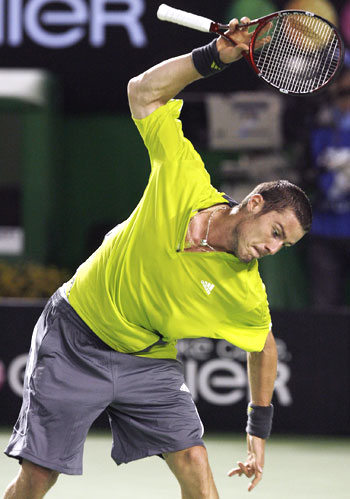
Some will remember Safin, well-known for his lavish lifestyle and night-time escapades, for filling the players' box with a bevy of so-called "blondies" at the 2002 Australian Open.
However, many others, including Russian tennis guru Shamil Tarpishchev, felt that Safin wasted most of an enormous talent that could have won him a lot more than two grand slam crowns.
Tarpishchev even suggested Safin could have become a dominant force in the game for years to come, comparing him to Michael Jordan, Michael Schumacher and Tiger Woods in their respective sports.
"He had power, agility, speed, everything you need to be a great athlete; not only in tennis," said Tarpishchev, who had followed Safin's career since he started out at Spartak Moscow's tennis school at the age of 10.
"Unfortunately, he had the talent but not the desire to be number one."
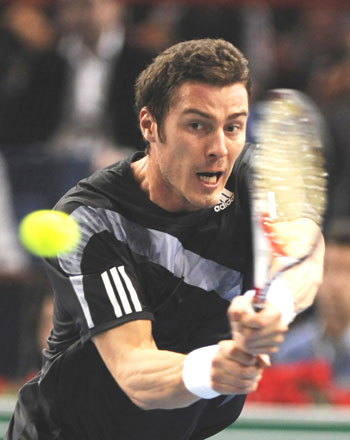
Safin burst on to the tennis scene as a carefree teenager in 2000, winning seven titles that year - the most on the ATP Tour - including a shock, straight-sets victory over Pete Sampras in the US Open final.
Following his breakthrough in New York, many predicted Safin would win more grand slam titles but he collected only one more, at the 2005 Australian Open.
Safin, who won 15 singles titles, rated his triumph at Melbourne Park as his greatest achievement.
"When I arrived for the 2000 US Open, nobody knew me basically," he told Reuters last month. "Even playing in the final against Sampras I had no pressure whatsoever and everything just fell into place for me.
"On the contrary, in 2005 I had a lot of pressure on me as I wanted to win my second grand slam title very badly. Prior to that I had already lost two Australian Open finals (2002 and 2004) and wanted to prove that I was not a one-shot wonder.
"The other reason why I rate the Melbourne win higher than any other is the manner in which it was achieved," added Safin, recalling his 2005 heroics.
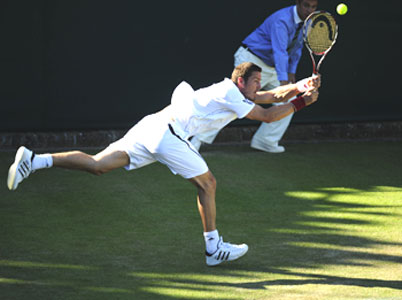
He stopped World No 1 and defending champion Roger Federer in an epic, five-set semi-final, twice coming back from a set down and saving a match point in the fourth-set tiebreak before triumphing in one of Melbourne Park's greatest battles.
He then tamed home favourite Lleyton Hewitt in an emotional final, denying the Australian his most sought-after win.
Sadly, that title turned out to be his last as injuries and an apparent lack of desire derailed his career.
"He was one of the most charismatic and most talented players of the past 10 years," Frenchman Fabrice Santoro, who beat Safin at the 2001 French Open and also retired this week in Paris, told reporters.
"When he beat Sampras at the 2000 US Open, we thought he would stay longer at the top but a couple of years later, Federer put the standards very high. If he wanted to compete with him, Marat needed to practise twice as hard and change his lifestyle. I'm not sure he was ready to do that."
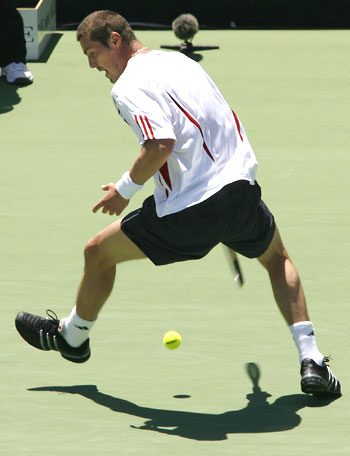
The last few years have been particularly tough for the former World No 1 as he saw his ranking plummet out of the top 100 in 2006 following a serious knee injury.
He made several attempts to regain his top form, even trying to refresh his mind and body by scaling mountains in the Himalayas in 2007, but he could not turn back the clock.
Occasionally he would show his former brilliance, such as during his surprise run to the Wimbledon semi-finals last year, but more often he would find it hard to break the losing cycle.
Safin, who helped Russia to two Davis Cup trophies in 2002 and 2006, did not seem to care much any more about his rankings, his prize money or whether he won or lost.
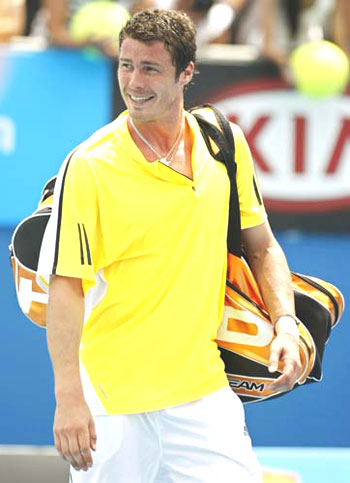
He seemed to be in a hurry for his last season to end and looked a relieved man when it was all over. Still, he had no regrets.
"I've lived my life the way I wanted to, whether scaling the mountains, partying long into the night or having fun playing soccer," he said recently.
"As for my tennis career, I probably could have won a few more (titles) but if it was up to me I wouldn't change a thing."
It will be left to younger sister Dinara Safina to keep up the family tradition. Safina, 23, who held the world's top spot for much of the year before surrendering it to Serena Williams last month, desperately wants to emulate her brother by winning a grand slam crown.